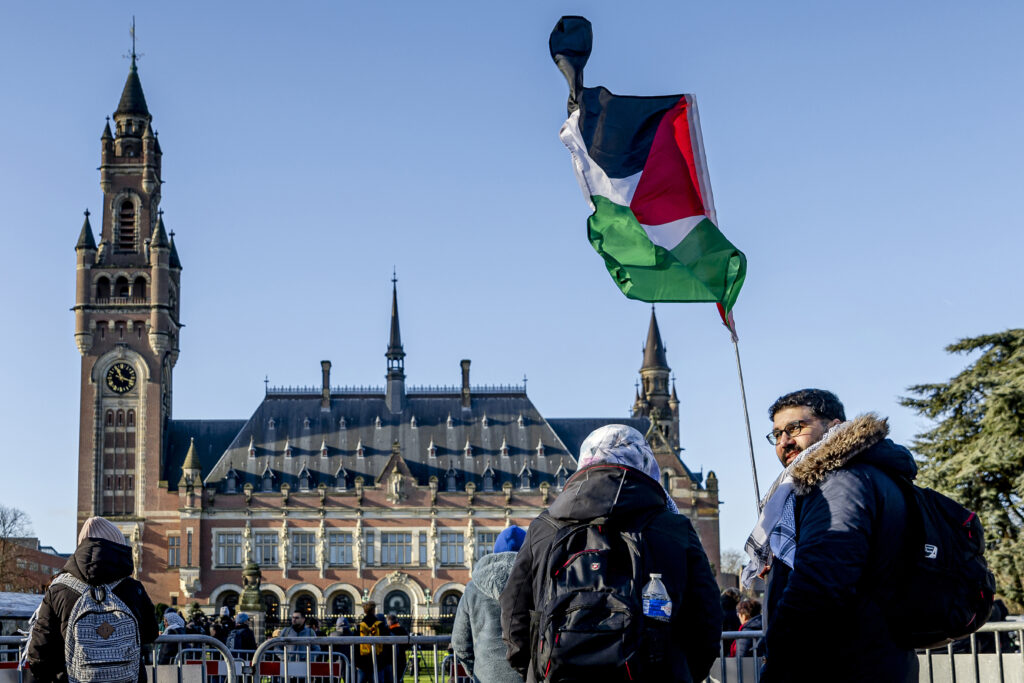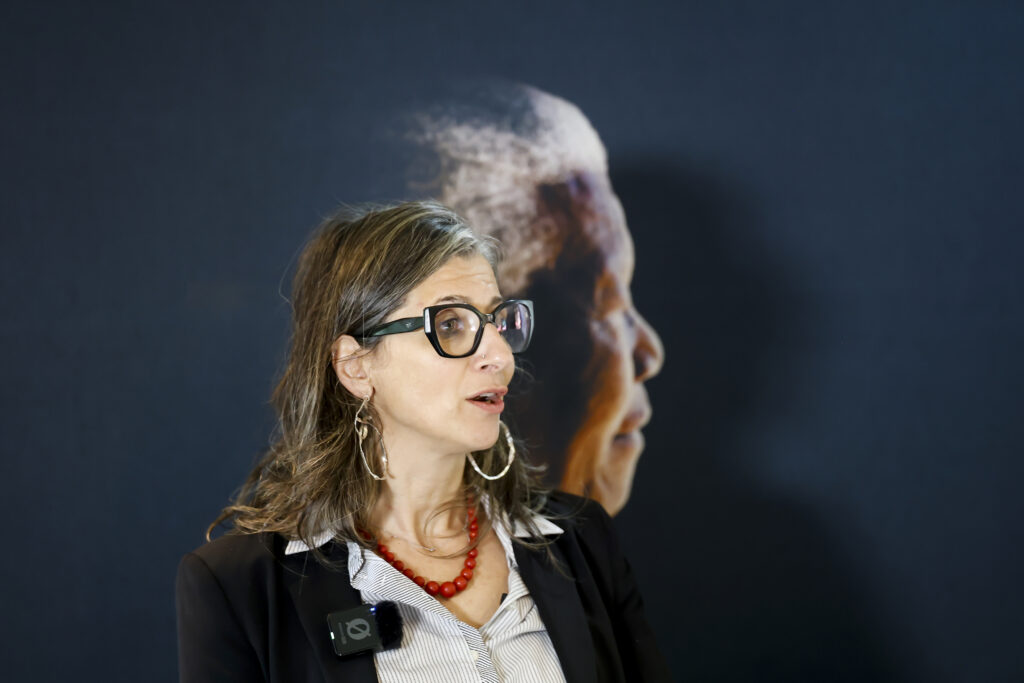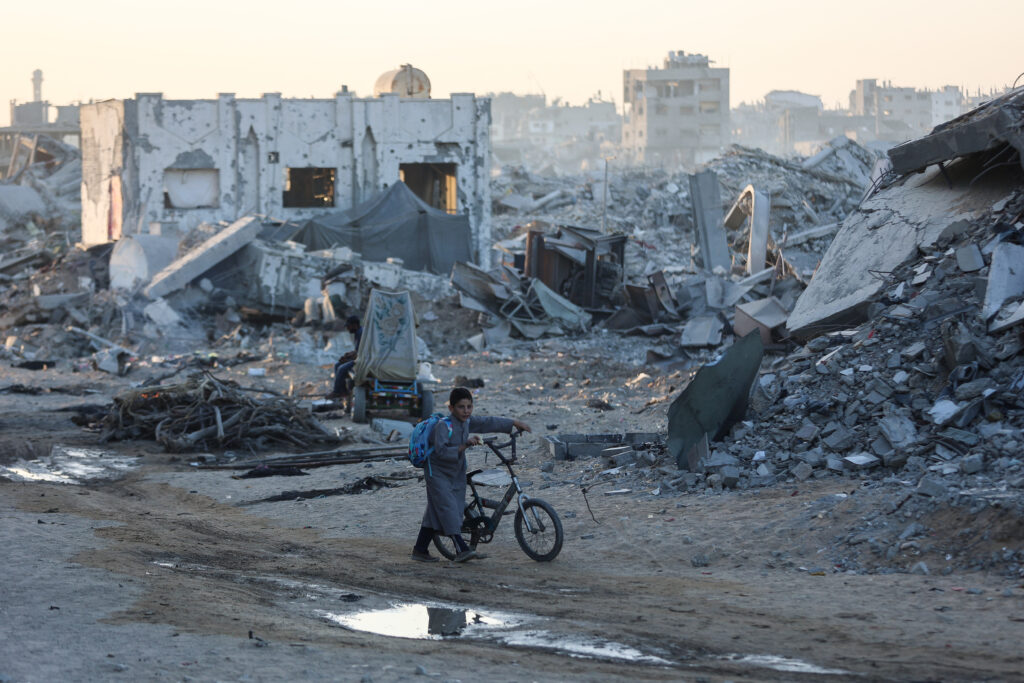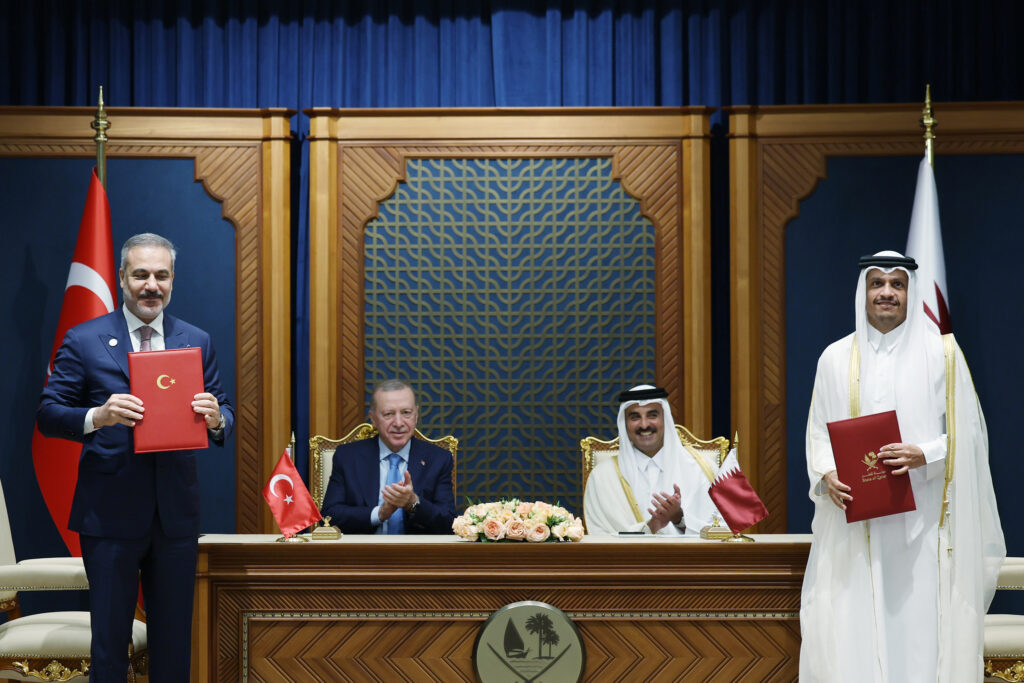UN court says Israel must ease aid into Gaza, provide ‘basic needs’
The International Court of Justice said Wednesday that Israel was obliged to ease the passage of aid into Gaza, stressing it had to provide Palestinians with the “basic needs” to survive.The wide-ranging ICJ ruling, quickly rejected by Israel, came as aid groups scrambled to scale up much-needed humanitarian assistance into Gaza, seizing upon a fragile ceasefire agreed earlier this month.While the UN’s top court’s “Advisory Opinion” is not legally binding, the ICJ believes it carries “great legal weight and moral authority”.”This is a very important decision. And I hope that Israel will abide by it,” UN Secretary-General Antonio Guterres said on Wednesday.ICJ President Yuji Iwasawa said Israel was “under an obligation to agree to and facilitate relief schemes provided by the United Nations and its entities”.That included UNRWA, the UN agency for Palestinian refugees, which Israel has banned after accusing some of its staff of taking part in the October 7, 2023, Hamas attack that sparked the war in Gaza.The ICJ ruled that Israel had not substantiated the allegations.Israel did not take part in the proceedings and hit back at the findings. “Israel categorically rejects the ICJ’s ‘advisory opinion,’ which was entirely predictable from the outset regarding UNRWA,” foreign ministry spokesman Oren Marmorstein posted on X.”This is yet another political attempt to impose political measures against Israel under the guise of ‘International Law.'”Iwasawa said the ICJ “rejects the argument that the request abuses and weaponises the international judicial process”.Another Israeli official added that Israel “cooperates with international organisations, with other UN agencies regarding Gaza. But Israel will not cooperate with UNRWA”.Within hours of the ruling, Norway said it would propose a UN General Assembly resolution demanding that Israel lift restrictions on Gaza aid. And the Palestinian delegate to the ICJ, Ammar Hijazi, urged nations to ensure Israel complies with the court to let aid into Gaza.”The responsibility is on the international community to uphold these values and oblige Israel, bring Israel into compliance,” he told reporters.Before the ruling, Abeer Etefa, Middle East spokeswoman for the UN’s World Food Programme (WFP), said 530 WFP trucks had crossed into Gaza since the ceasefire started on October 10.The trucks had delivered more than 6,700 tonnes of food, which she said was “enough for close to half a million people for two weeks”.Etefa said around 750 tonnes a day were now coming through, well below the WFP’s target of around 2,000 tonnes daily.The ICJ said that Israel, as an occupying power, was under an obligation “to ensure the basic needs of the local population, including the supplies essential for their survival”.At the same time, Israel was “also under a negative obligation not to impede the provision of these supplies”, the court said.The court also recalled the obligation under international law not to use starvation as a method of warfare.- ‘Serious concerns’ -The UN had asked the ICJ to clarify Israel’s obligations, as an occupying power, towards UN and other bodies “including to ensure and facilitate the unhindered provision of urgently needed supplies essential to the survival” of Palestinians.ICJ judges heard a week of evidence in April from dozens of nations and organisations, much of which revolved around the status of UNRWA.At the hearings, a US official raised “serious concerns” about UNRWA’s impartiality, and alleged that Hamas used the agency’s facilities.The US official, Josh Simmons, said Israel had “no obligation to permit UNRWA specifically to provide humanitarian assistance”.Simmons added that UNRWA was not the only option for delivering aid into Gaza.However, the ICJ noted that UNRWA “cannot be replaced on short notice without a proper transition plan”.Hijazi told the April hearings that Israel was blocking aid as a “weapon of war”, sparking starvation in Gaza.The case was separate from the others Israel faces under international law over its Gaza campaign. In July 2024, the ICJ issued another advisory opinion stating that Israel’s occupation of the Palestinian territories was “unlawful” and must end as soon as possible.ICJ judges are also weighing accusations, brought by South Africa, that Israel has broken the 1948 UN Genocide Convention with its actions in Gaza.Another court in The Hague, the International Criminal Court, has issued arrest warrants for Israel’s Prime Minister Benjamin Netanyahu for alleged war crimes and crimes against humanity. It also issued a warrant for Hamas commander Mohammed Deif, who Israel says was killed in an airstrike.





